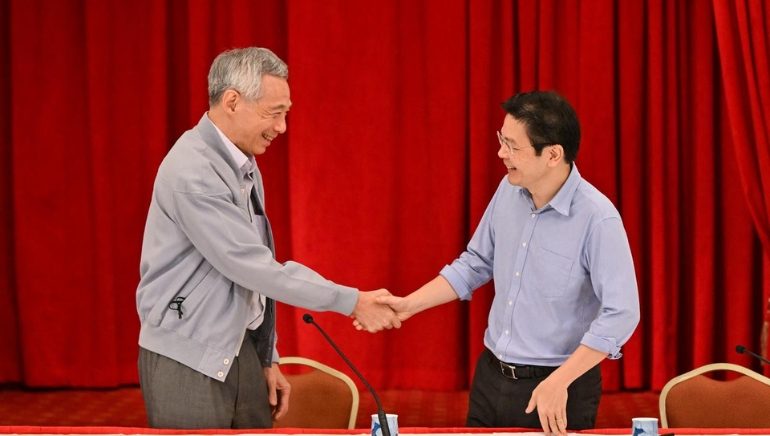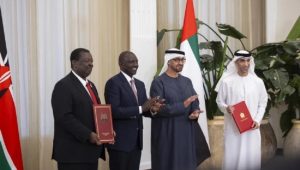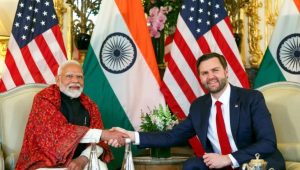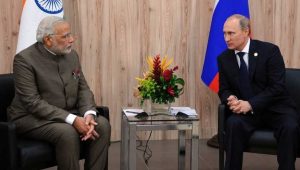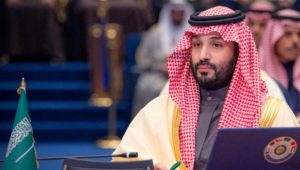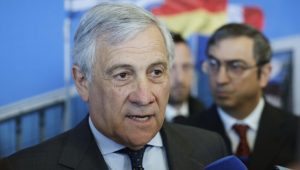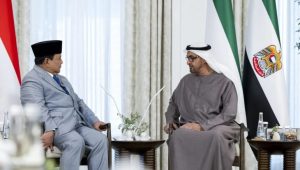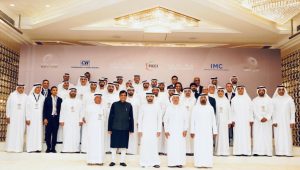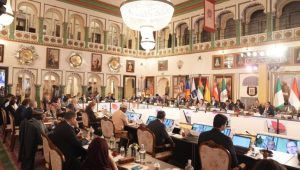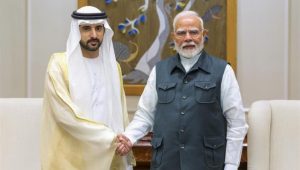Singapore’s long-time Prime Minister Lee Hsien Loong will transfer power to his successor, Lawrence Wong, on May 15, preceding an upcoming election.
The 51-year-old Wong became the prime minister-in-waiting in April 2022 after the initial successor withdrew unexpectedly. This move has disrupted the carefully planned leadership transition in the affluent Asian financial hub.
As co-leader of the government’s COVID-19 task committee, Wong rose to fame and received recognition for his leadership during the pandemic. He served in the government in many key areas, including deputy prime minister and minister of finance. Announcing the handover on Facebook, Lee, 72, the eldest son of Singapore’s founding father, Lee Kuan Yew, described the transition as a “significant moment.”
Wong, in a video statement on Facebook, expressed humility and a sense of duty in accepting the role. Besides his political roles, he also holds positions in the financial sector, overseeing the country’s sovereign wealth fund and central bank.
Despite Wong’s accomplishments, political analysts are uncertain about his leadership style and vision for Singapore’s future. Some suggest that in today’s uncertain global landscape, maintaining the status quo may not suffice, hinting at potential challenges ahead for Wong’s leadership.





